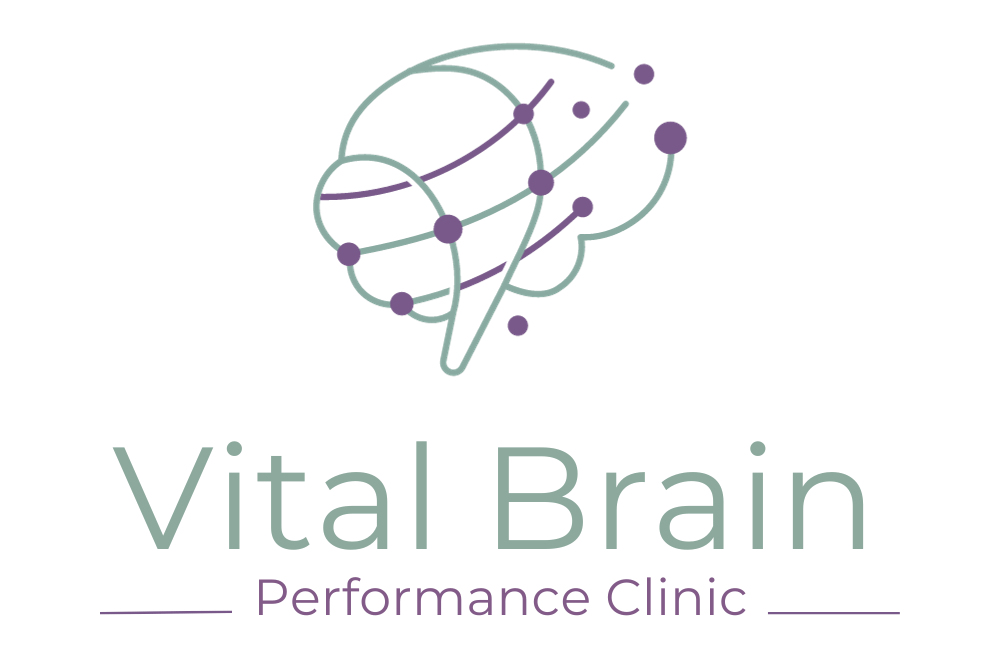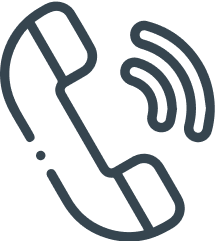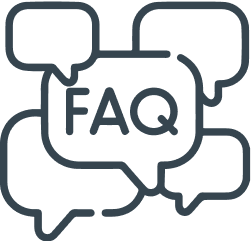Reactive Attachment Disorder (RAD) is a complex condition that can develop in early childhood due to neglect, abuse, or frequent caregiver changes. Children with RAD struggle to form healthy attachments and often experience emotional and behavioral challenges. While traditional therapies offer support, a holistic approach combining nutrition counseling and neurofeedback can be particularly beneficial.
How Nutrition Supports Neurofeedback for Reactive Attachment Disorder

The gut and the brain are intricately linked, often referred to as the “gut-brain axis.” A healthy gut microbiome, the collection of good and bad bacteria in your digestive system, plays a crucial role in brain development and function. In reactive attachment disorder, an imbalanced gut microbiome can contribute to symptoms like anxiety, hyperactivity, and difficulty regulating emotions.
This is where nutrition counseling comes in. A qualified nutritionist can assess your child’s individual needs and create a personalized plan to promote a healthy gut. This might include incorporating gut-friendly foods rich in prebiotics and probiotics while limiting inflammatory foods that can disrupt the microbiome.
By supporting a healthy gut, nutrition counseling can create a foundation for successful neurofeedback therapy.
Building Healthy Habits: Practical Tips for Combining Nutrition Counseling and Neurofeedback for RAD
Here’s how combining these two approaches can benefit children with RAD:
- Enhanced Neurofeedback Effects: A balanced gut microbiome can improve brain function, potentially making neurofeedback sessions more effective.
- Improved Emotional Regulation: By addressing gut imbalances that contribute to emotional dysregulation, both therapies can work together to promote emotional stability in your child.
- Building Positive Associations: Integrating healthy eating habits alongside neurofeedback sessions can create positive associations with food and self-care, fostering overall well-being.
Creating a Comprehensive Treatment Plan
Combining nutrition counseling and neurofeedback requires a collaborative approach. Working with a team of qualified professionals ensures a holistic treatment plan that addresses the underlying causes of reactive attachment disorder symptoms. Look for a neurofeedback therapist and a registered dietitian experienced in working with children and families.
While RAD can be a challenging condition, combining neurofeedback and nutrition counseling offers a powerful approach to promoting healing. By addressing both the brain and the gut, you can empower your child to develop healthy coping mechanisms and build stronger emotional connections.
Vital Brain Performance Clinic understands the complexities of RAD and is here to help. We offer a team of experienced professionals specializing in both neurofeedback and nutrition counseling for children. Contact us today to discuss a personalized treatment plan and give your child the support they need to thrive. Don’t wait – reach out to Vital Brain Performance Clinic for a brighter future for your child!




